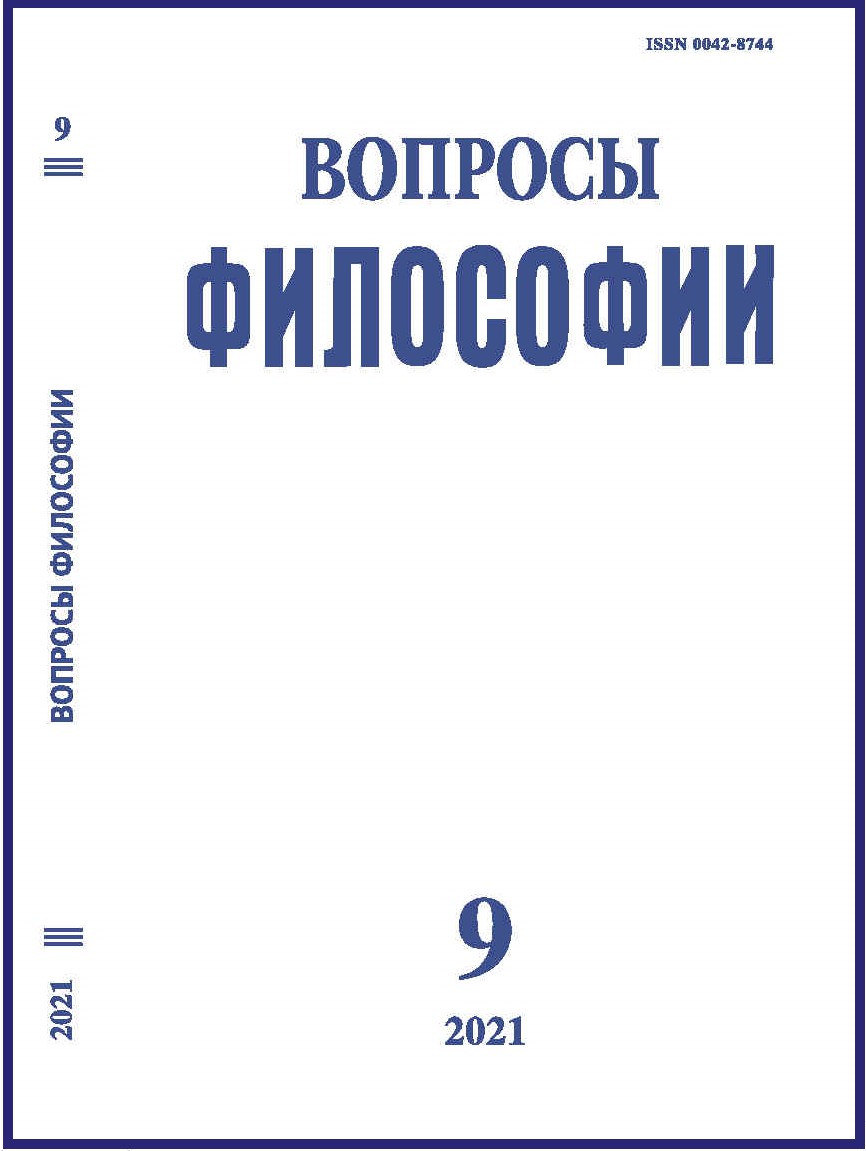Panqualityism as the Version of Russellian Monism
DOI:
https://doi.org/10.21146/0042-8744-2021-9-142-151Keywords:
panqualityism, panpsychism, panprotopsychism, panexperientialism, neutral monism, Russellian monism, the combination problem, Sam Coleman, philosophy of consciousness.Abstract
Panqualityism is based on the assumption that the intrinsic nature of all matter has something like phenomenal unexperienced qualities. Consciousness is formed by the awareness of some of these qualities. The type of panqualityism offered by the main proponent of this view today, S. Coleman, is the one considered in this article. His panqualityism is described as a version of Russellian monism, panpsychism or panprotopsychism, neutral monism as well as physicalism. As it is shown, panqualityism is close to all the above-mentioned views because of the unknowability of intrinsic properties of matter in Russellian monism, the view on which Coleman's panqualityism is based. However, the closest version of interpretation appears to be panprotopsychism, which also shows disadvantages of this theory. Coleman's panqualityism draws on the impossibility of the subject’s summing claim, but his concept of subject raises concerns, because of its vagueness. It is noted that the definition of the status of a subject to solve the combination problem is closely connected with approaches used to solve the personal identity problem and can be related to it.

